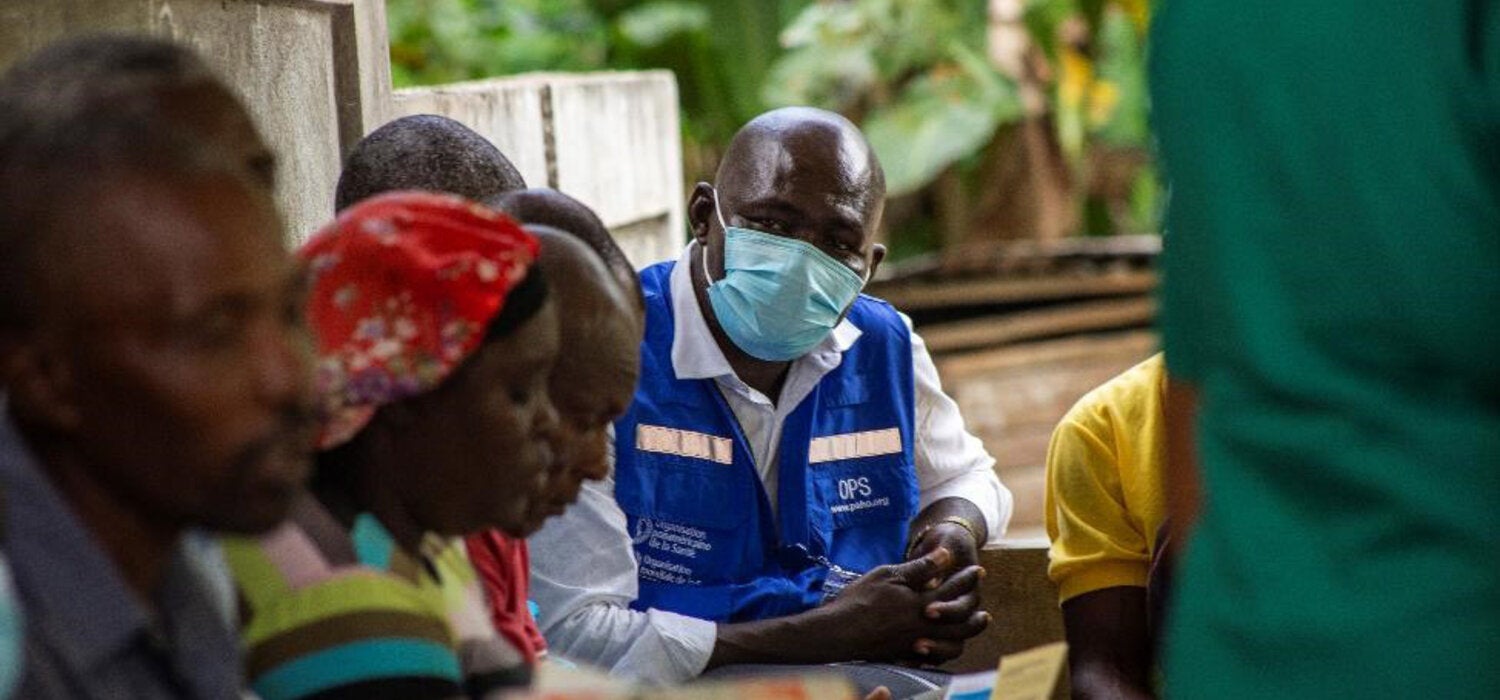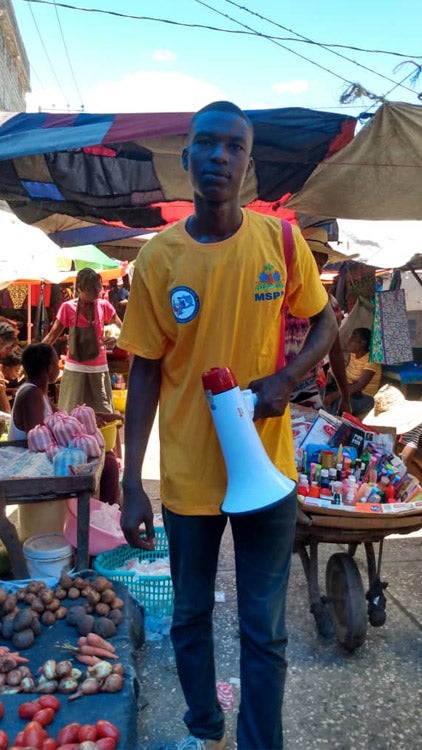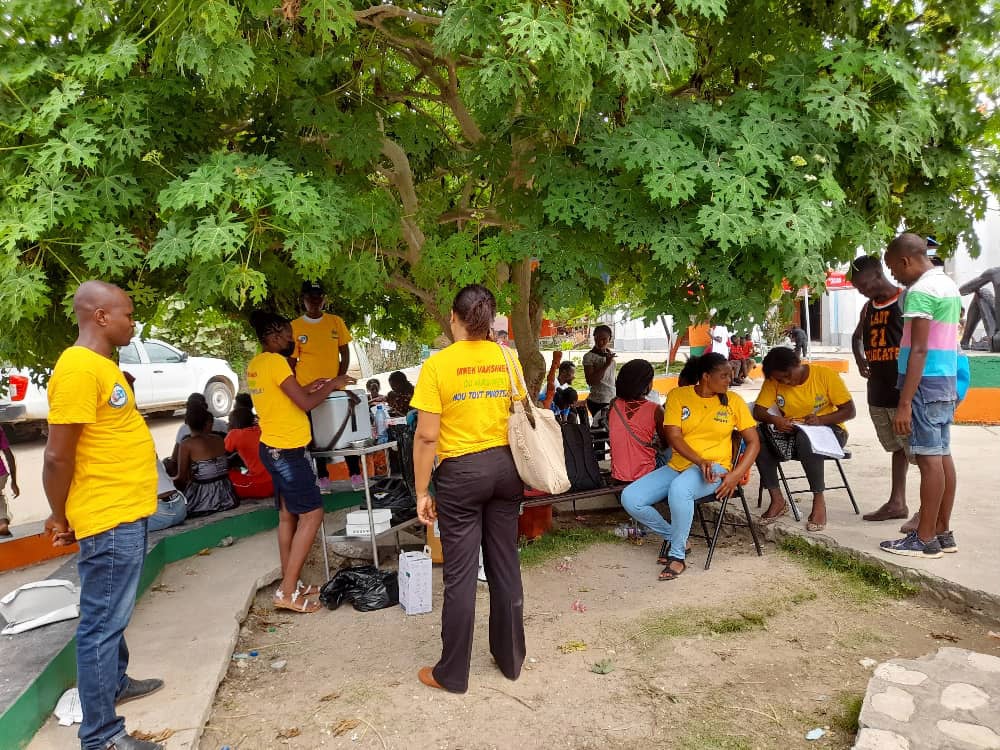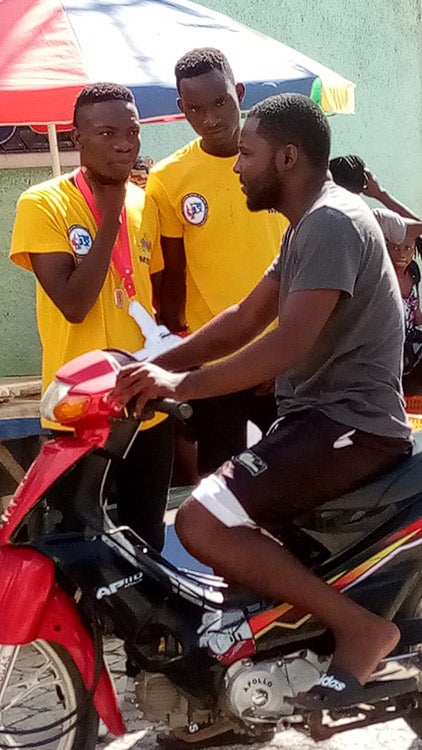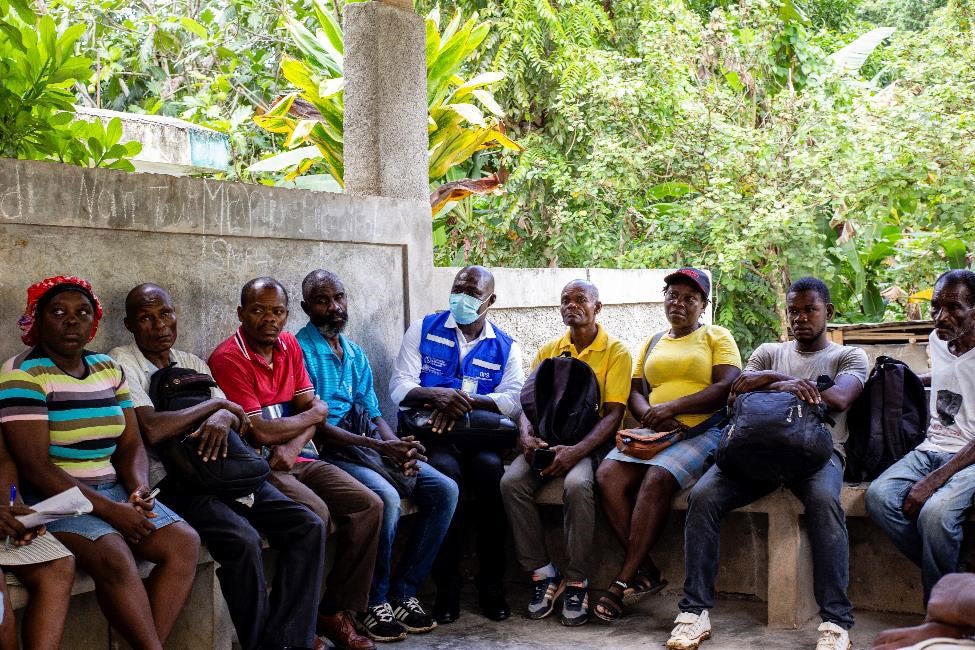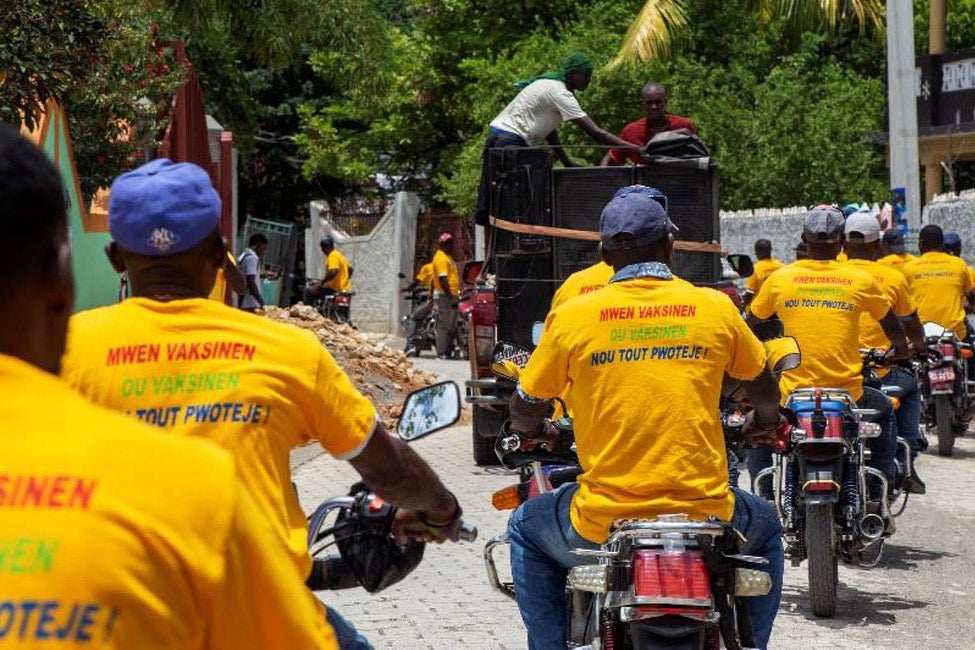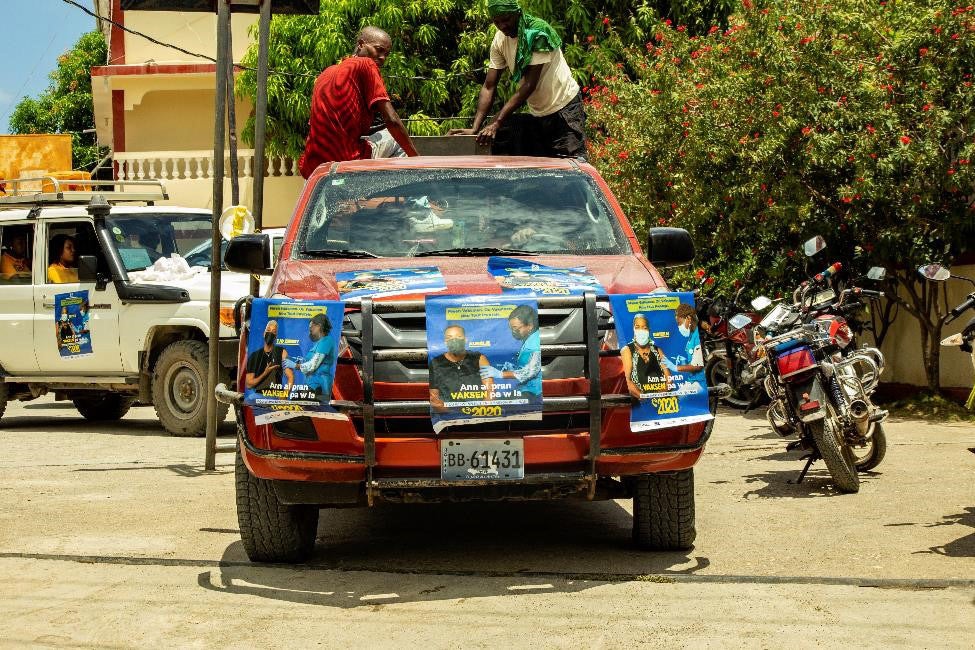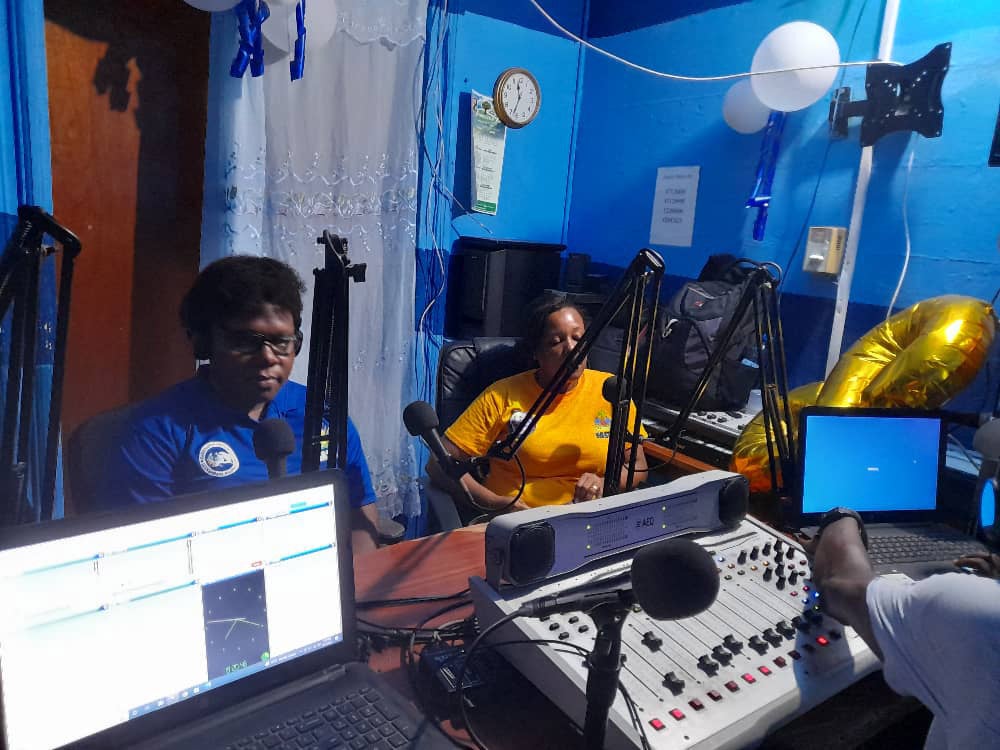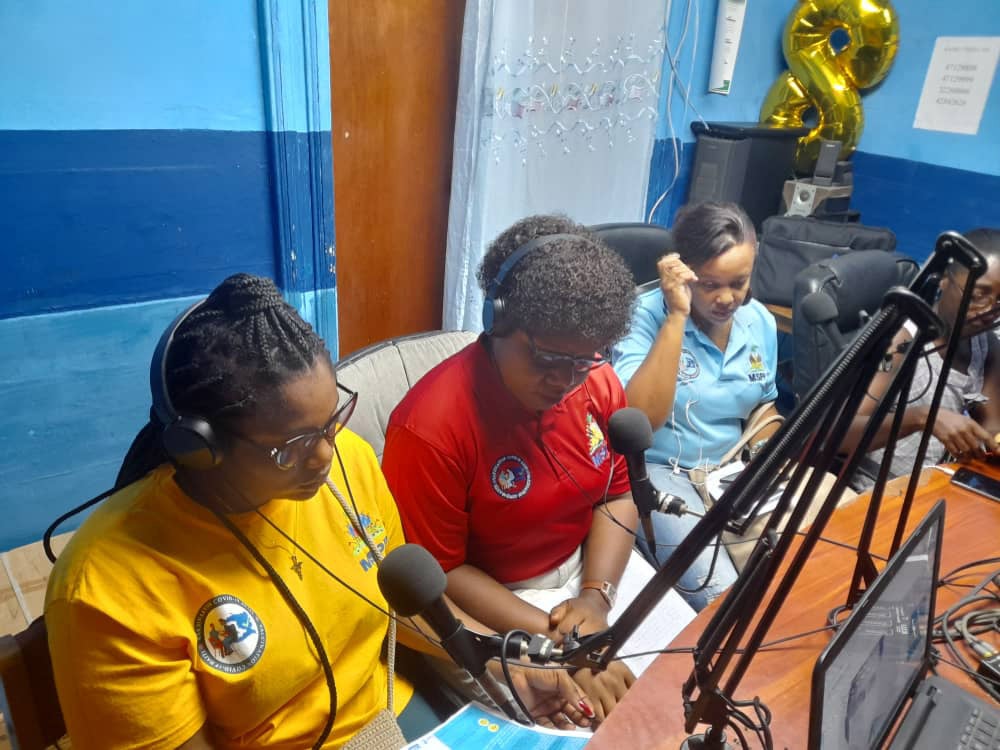September 2022
Community engagement and social mobilization are at the heart of a new push to increase COVID-19 vaccine uptake in Haiti, with the support of the Pan American Health Organization/World Health Organization (PAHO/WHO).
Despite efforts to make the COVID-19 vaccine available and free to all, more than a year after the first doses arrived, Haiti still registers one of the lowest vaccination coverage rates in the world.
By September 2022, 17 countries and territories in the Americas had reached the goal of vaccinating at least 70 percent of their inhabitants. Today, only 1.9 percent of the Haitian population had received the first two doses of the COVID-19 vaccine.
Successive political and social unrest, widespread security threats, logistical challenges, an earthquake and reported high levels of hesitancy around the vaccine prevented the Ministry of Public Health and Population (MSPP) from achieving its immunization goals.

